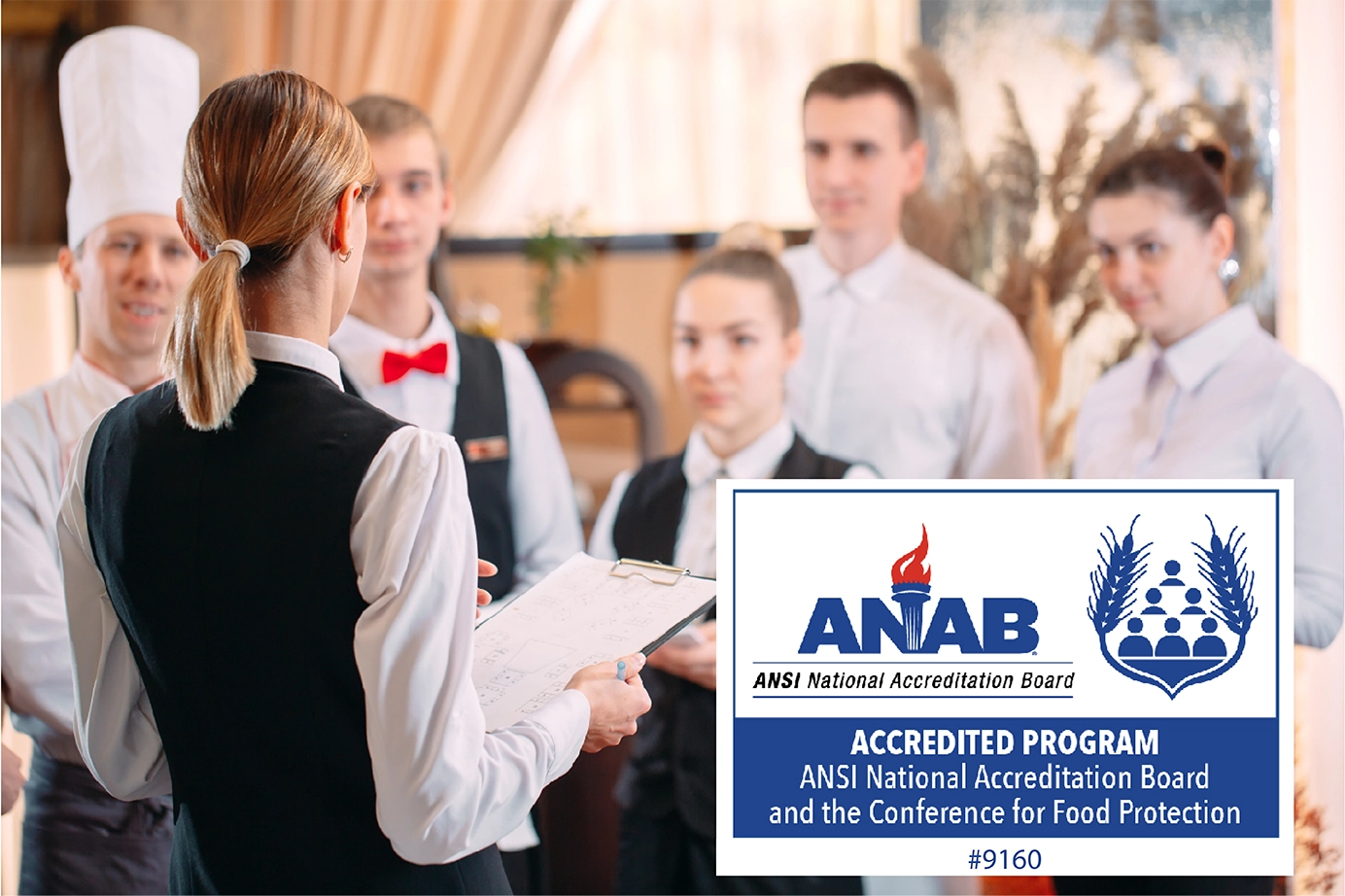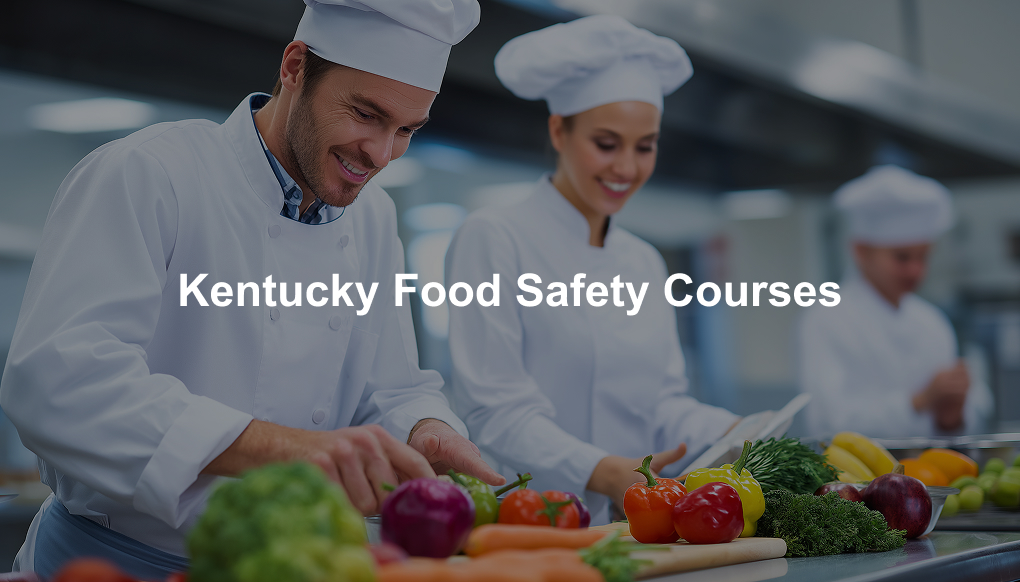STATE of Kentucky
State Of Kentucky
Search By Counties in Kentucky
Kentucky Food Safety Certification Online
If you’re working in food service in Kentucky—whether in a restaurant, food truck, school kitchen, or grocery store—food safety training is essential. Our Course helps you meet local health department standards while learning how to prevent foodborne illness and protect public health.
This fully online course is perfect for food handlers, entry-level staff, and managers across the state—from Louisville to Lexington.
Why Take Kentucky Food Safety Certification?
✅ 100% Online – Learn at your convenience, anytime
✅ Meets Food Safety Requirements
✅ Mobile-Friendly and Easy to Use
✅ Great for Entry-Level Workers and Food Handlers
✅ Instant Certificate Download After Completion
OUR CLIENTS
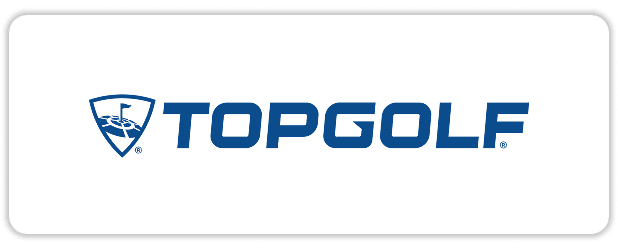


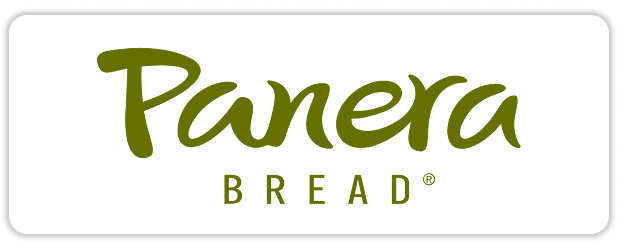
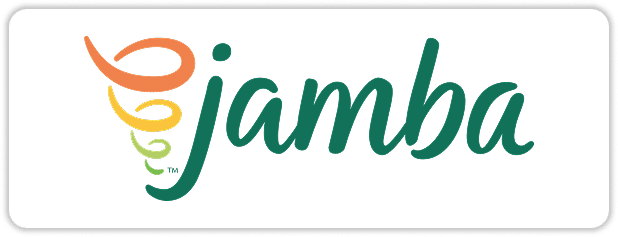


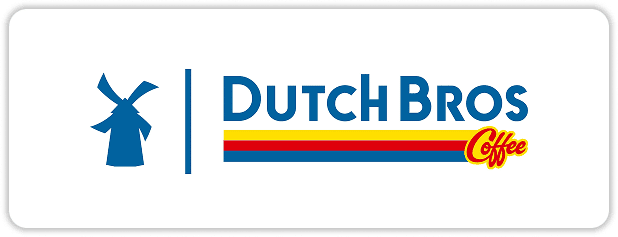
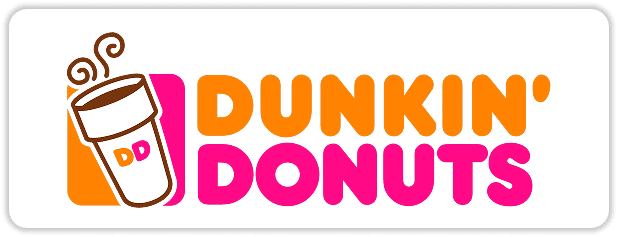
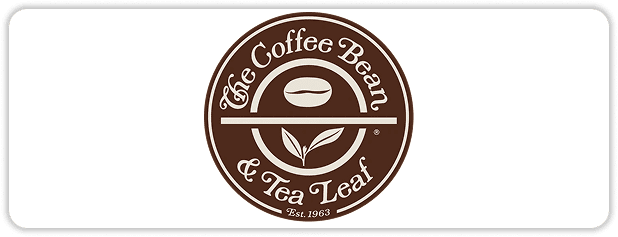
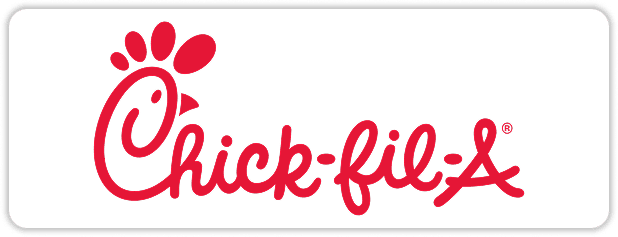

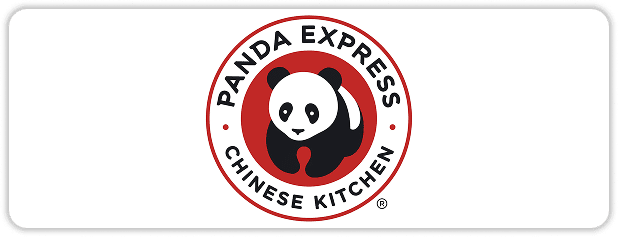
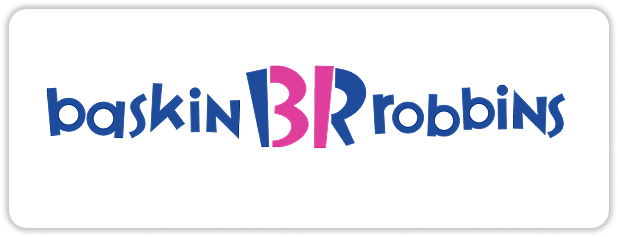


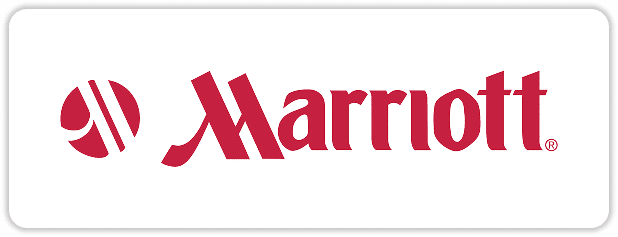

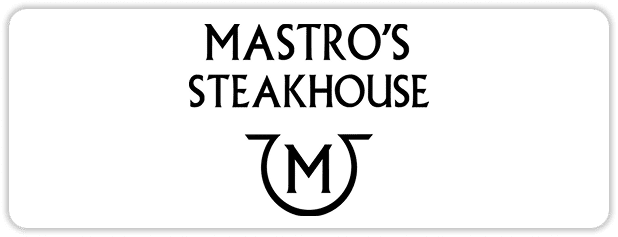
BENEFITS OF TRAINING
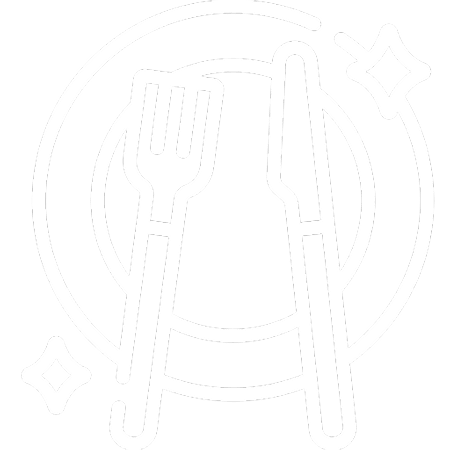
PREVENT
Education is the best tool to prevent, minimize, or eliminate foodborne illnesses and food hazards.
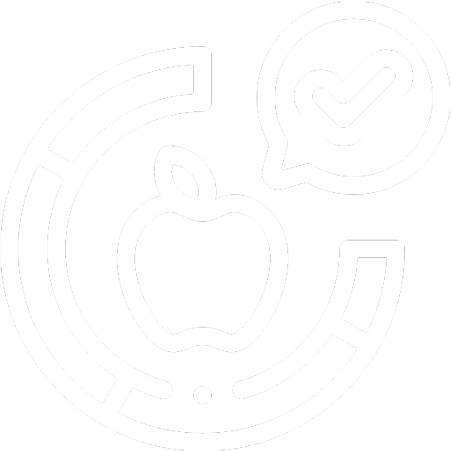
AWARENESS

ELIMINATE
Training helps reduce or eliminate food safety hazards before they become major issues.

MINIMIZE

PRODUCTIVITY
Reducing food safety complaints will create a happier workplace and in turn increase productivity.

WORKPLACE SATISFACTION
WHY CHOOSE US

- Satisfaction Guarantee
- Online Interactive Course
- Meets and Exceeds State Guidelines
- Price Match Guarantee
- Owners and Managers: Manage, Track and Record Employee Progress
FREQUENTLY ASKED QUESTIONS (FAQs)
To earn your Kentucky food safety certification, you typically complete a food handler course, pass the test, and present your certificate to your employer or local health authority. Some counties, like Fayette/Lexington, require their own approved training, so always confirm with your local health department.
The state doesn’t require it everywhere, but certain counties and cities do. Some jurisdictions allow online courses, while others require in-person training. Even where it’s not required, many employers prefer or require a food handler card from a trusted ANSI-accredited program.
Validity depends on the county, usually 1–3 years, with most certificates lasting 2–3 years. In several Kentucky counties, food handler training isn’t just recommended—it’s a requirement for anyone working with food.
But even where it’s optional, the training helps you protect customers and your workplace by teaching how to:
- Prevent foodborne illnesses through safe preparation and storage
- Maintain proper hygiene and avoid cross-contamination
- Follow state and local food codes with confidence
According to the CDC, Kentucky has experienced multiple foodborne illness outbreaks in recent years. By applying the skills you learn in training, you help keep those numbers on a downward trend—protecting both public health and the reputation of the business where you work.
Certification can help you work in restaurants, coffee shops, bakeries, grocery stores, and more. With over 200,000 food service jobs in Kentucky, the industry is growing fast. For food safety resources, visit the Kentucky Department of Public Health or ask your employer about renewal requirements.
To earn your Kentucky food safety certification, you must complete training and pass an ANSI-accredited Certified Food Protection Manager (CFPM) exam. The course can be done online at your own pace, and you’ll receive a certificate valid for up to five years.
Kentucky follows the 2013 FDA Food Code with some state-specific modifications. The state requires that every food establishment have at least one supervisory employee certified as a Certified Food Protection Manager (CFPM) through an ANSI-accredited program like AAA Food Handler.
Local health departments may also offer approved courses covering the same material.
During inspections, the Person in Charge (PIC) must demonstrate a solid understanding of foodborne illness prevention, Kentucky food regulations, and HACCP principles. Obtaining a CFPM certification is one way to meet this requirement.
It’s always a good idea to check with your local health department for any additional training or certification rules.
Yes, the exam can be taken online through a proctored ANSI-accredited program. Certification is generally valid for five years, after which you must retake the exam to renew. Local health departments may also offer approved classes covering the same material.
Food managers oversee compliance, staff training, and vendor safety, helping prevent foodborne illness outbreaks. In Kentucky, there were 27 outbreaks over a 10-year period, mostly from preventable pathogens. Certification also boosts career opportunities, with food service managers earning about $51,000 annually.
Food Allergen Training teaches food handlers how to identify common allergens, avoid cross-contact, and respond to allergic reactions. In Kentucky, this supports compliance with the Food Code and helps keep customers safe while meeting Kentucky food safety certification standards.
Anyone involved in preparing or serving food—such as cooks, servers, and managers—should complete allergen training. Some local health departments may require a designated person-in-charge or manager to have allergen knowledge as part of Kentucky food safety certification.
Yes, AAA Food Handler offers 100% online Food Allergen Training that you can complete at your own pace. Most learners finish in about 2 hours, and you’ll receive a valid certificate of completion accepted by many Kentucky employers and regulators.
While ANAB doesn’t require allergen training, certain Kentucky counties or cities may. Always check with your local health department. You can also review guidance from the Kentucky Food Code, the FDA Food Code, and resources like FARE for allergen safety practices.



